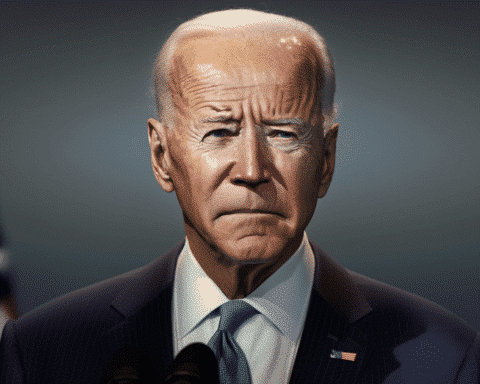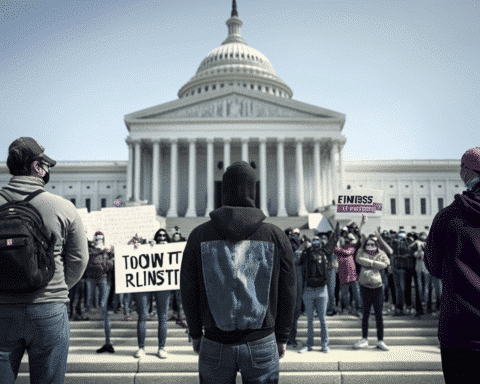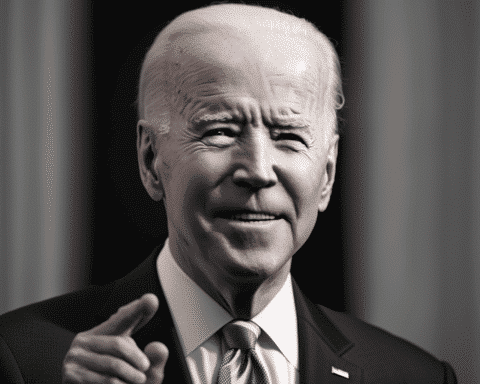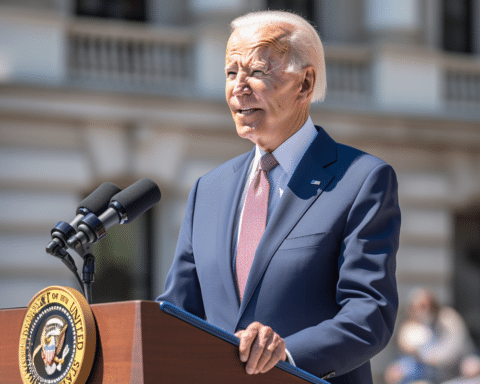In a landmark announcement, the Biden administration sets a new precedent in the pharmaceutical industry by threatening to revoke patents of expensive drugs developed using taxpayer dollars. This initiative, part of a broader health policy strategy, aims to make essential medications more affordable and accessible to the American public. This bold step underscores the administration’s commitment to tackling skyrocketing drug prices and ensuring fair use of public investments in medical research.
The White House’s plan, revealed on Thursday, is a clear warning to pharmaceutical companies. If the prices of certain drugs remain prohibitively high, the government may cancel their patent protection. This would enable competitors to produce generic versions, potentially reducing costs dramatically.
In a statement, President Joe Biden underscored the significance of this move. “Today, we’re taking a crucial step toward ending price gouging so you don’t have to pay more for the medicine you need,” he said in a YouTube video released Wednesday night. This comment reflects the administration’s focus on reducing healthcare expenses, a central theme in the upcoming reelection campaign.
White House officials have not specified which drugs might be targeted. The criteria for overriding patents include limited availability to a narrow consumer base and development with substantial taxpayer funding. The proposal, now open for public commentary, is expected to face legal challenges from drugmakers.
This initiative is part of a broader strategy, including measures like the $35 cap on insulin for Medicare enrollees and plans for Medicare to negotiate drug prices. The concept of “march-in rights,” where the government can intervene in patents if it has invested in the research or development, is not new but has never been employed so aggressively.
Pharmaceutical companies benefiting from government research, like the development of COVID-19 vaccines, are now facing a potential paradigm shift. Jing Luo, a professor at the University of Pittsburgh, notes that companies must carefully consider their pricing strategies to avoid government intervention.
The pharmaceutical industry, represented by the Pharmaceutical Research and Manufacturers of America (PhRMA), has criticized the plan. Spokesperson Megan Van Etten argues that this approach could hinder drug research and development, impacting patient care.
Political figures like Senators Elizabeth Warren and Amy Klobuchar have long advocated for the use of march-in rights to control drug prices, particularly when taxpayer money is involved. The debate around this issue is not new, as seen in the refusal of the National Institutes of Health to seize the prostate cancer drug Xtandi patent.
The proposal also raises fundamental questions about the role of taxpayer funding in drug development, as highlighted by William Pierce, a former HHS official. Additionally, the White House focuses on private equity firms that buy and restructure health systems for profit. This scrutiny, encompassing a wide range of healthcare services, addresses concerns about undisclosed antitrust practices.
The Biden administration’s plan to potentially revoke patents of high-priced drugs marks a significant shift in the government’s approach to healthcare and pharmaceutical policies. By leveraging taxpayer-funded research to ensure more affordable medications, the administration addresses a long-standing issue of drug pricing and sets a precedent for future healthcare reforms. This move, while controversial, reflects a growing need to balance the interests of pharmaceutical companies with those of the American public.




